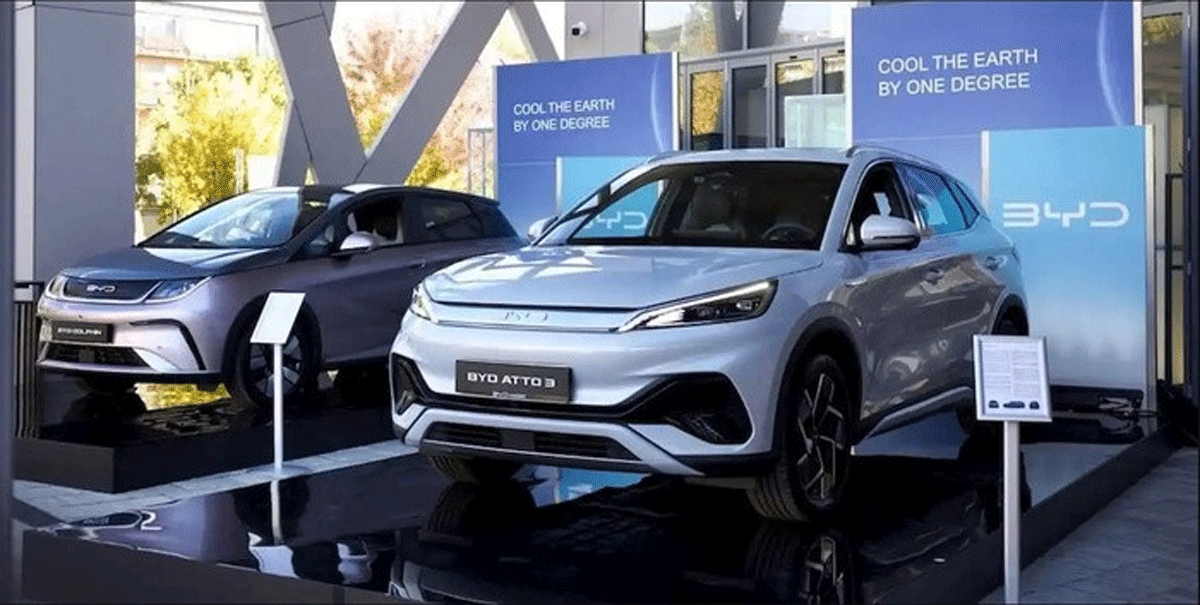
BYD became well known in Vietnam after it officially surpassed the US EV manufacturer Tesla in sales. After two decades of development, BYD has not faded away as warned by Elon Musk of Tesla, but has become the EV manufacturer with the highest number of products sold.
The Chinese EV manufacturer started making hybrids first because EVs cannot compete with petrol-run vehicles because of higher prices and fewer charging stations. The ratio of EVs to hybrids at BYD was 50:50 in 2023. The strategy was considered the key to success.
BYD positions itself in the mid-end market, where there are fewer competitors, which help the Chinese manufacturer increase its sales and surpass Tesla. Beijing’s strong financial support, worth billions of dollars, also is a great advantage of BYD in entering domestic and foreign markets.
However, like other EV manufacturers, BYD is facing stiff competition in the EV market. The Chinese manufacturer had to cut prices by 5-20 percent in the first quarter of 2024, while deliveries dropped by 30 percent.
BYD plans to enter the Vietnamese market in June after succeeding in some Southeastern Asian countries. It introduced the first EVs in Thailand in late 2022 and by 2023, it had sold 30,000 products, accounting for 40 percent of EV market share. The best seller in the Thai market is BYD Atto 3, which will also be sold in Vietnam.
BYD has stated that it is ready to compete with petrol-run car models. However, analysts warn that it will be difficult to do business in the Vietnamese market, where the shift from petrol-run to electric vehicles is still not strong.
The other difficulty is that it still lacks a charging network in Vietnam. There are only charging stations set up by VinFast, the Vietnamese automobile manufacturer owned by billionaire Pham Nhat Vuong.
In the immediate time, BYD buyers can charge the battery at home, fast-charging stations at sales agents, and charging stations owned by third parties. The Chinese automobile manufacturer believes that infrastructure will develop with market demand as it did in China and other countries.
Analysts also point out that in Vietnam, the incentives to encourage EV use are not strong enough. Also, Vietnamese buyers doubt Chinese technology, which may make them stay away from Chinese products.
Manh Ha